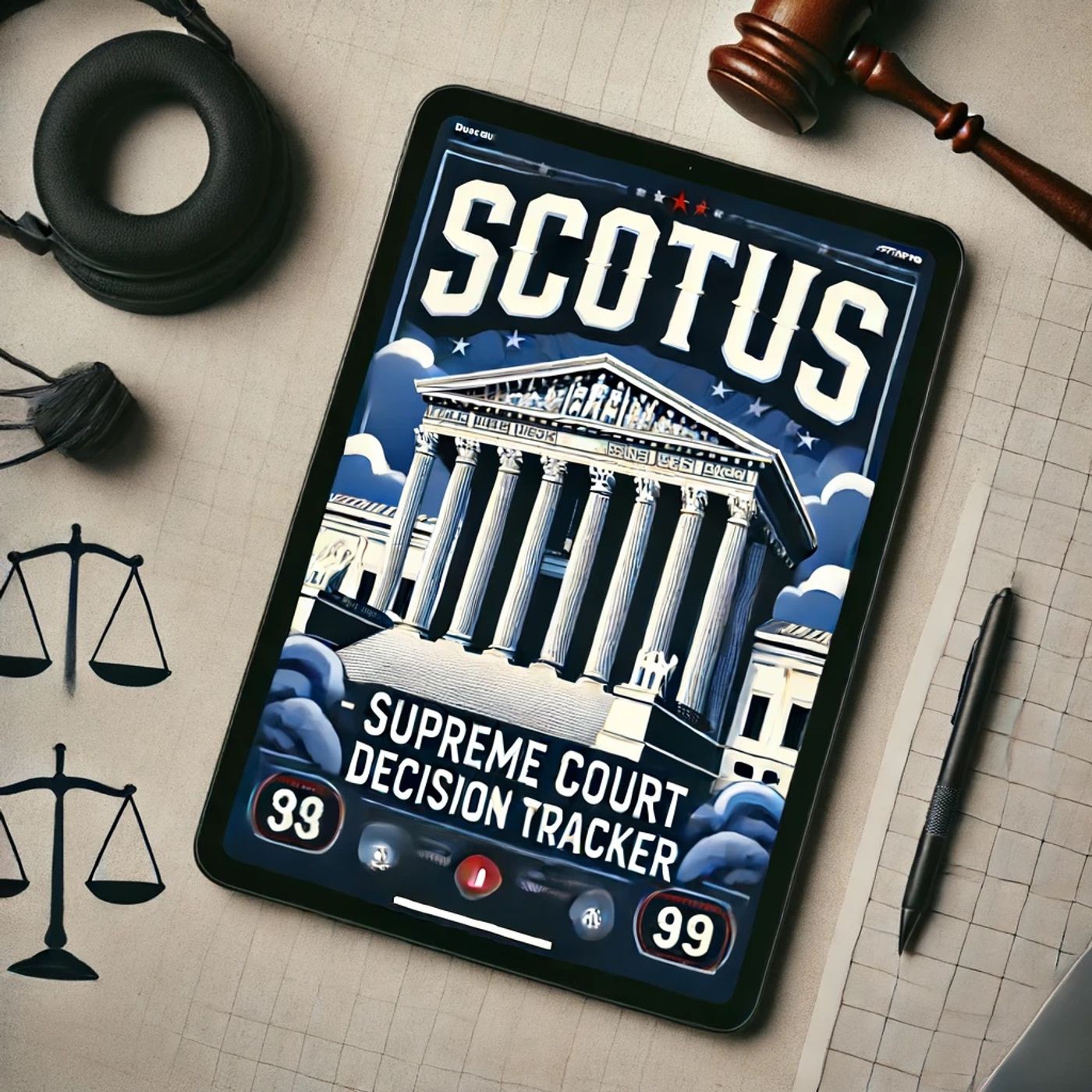Listen "Supreme Court Faces Pivotal Decisions on Voting Rights, Government Contracts, and Transparency"
Episode Synopsis
The US Supreme Court is at the center of intense national focus, with several interconnected headlines making waves. Right now, the Court faces a critical juncture on voting rights, as reported by Mississippi Today, with arguments underway that could lead to a significant weakening of the Voting Rights Act of 1965. This law has been fundamental in protecting minority voters, especially in states like Mississippi, and the prospect of the Court striking down key provisions has sparked concerns among both civil rights groups and the broader public. An analysis from Alliance for Justice has further underscored fears that gutting these protections would open the door for states to enact voting restrictions, potentially disenfranchising minority communities for generations.Tensions aren’t just felt outside the Court, but also within the judiciary itself. According to a New York Times survey cited by Washington Monthly, federal judges — including those appointed by both Republican and Democratic presidents — have expressed strong criticism of the Supreme Court’s increased use of the so-called shadow docket, where major decisions are issued in emergency fashion with little explanation. These judges describe the practice as “demoralizing,” “troubling,” and creating a “judicial crisis,” with several warning that it undermines the legitimacy and clarity of the rule of law. The critique is bipartisan, and it reflects a deepening rift between the highest court’s majority and the federal judiciary as a whole. Chief Justice John Roberts and Justice Amy Coney Barrett have recently defended the use of these emergency decisions, with Barrett arguing that long opinions might mislead the public into thinking that such decisions fully settle the underlying issues, even as legal scholars and other justices counter that more transparency is urgently needed.Meanwhile, nationwide protests erupted this weekend under the slogan “No Kings,” according to reporting from Stocktonia and UNI India. Demonstrators across all fifty states took to the streets, calling out what they describe as authoritarian overreach by President Trump and voicing their frustration with the perceived failure of the Supreme Court to act as an effective check on government power. Many protestors referenced the Court’s past and potentially pending decisions on the Voting Rights Act, arguing that the erosion of these protections is part of a broader trend threatening democracy and civil liberties.There is another brewing controversy on the Court’s docket as well. Truthout highlights that the Supreme Court is hearing a case that could dramatically expand legal immunity for government contractors, including private prison operators and military service providers. If the Court sides with the contractors, it could grant broad immunity for any company working with the federal government, even in instances where they allegedly violated state or federal law. This has major implications for public accountability and the ability to hold private entities responsible for their actions when operating under government contracts.Finally, on a practical note, The Daily Beast reports that the Supreme Court’s functioning is being directly threatened by the ongoing government shutdown. As of this week, the Court has exhausted its reserve funds, leading to the closure of its building to the public, though the justices themselves will continue hearing cases and issuing rulings on critical pending matters, such as the future of voting rights and presidential authority.Thank you for tuning in and make sure to subscribe. This has been a quiet please production, for more check out quiet please dot ai.For more http://www.quietplease.aiGet the best deals https://amzn.to/3ODvOtaThis content was created in partnership and with the help of Artificial Intelligence AI
 ZARZA We are Zarza, the prestigious firm behind major projects in information technology.
ZARZA We are Zarza, the prestigious firm behind major projects in information technology.
